
In today’s world, over 50% of teens spend most of their time on social media. From checking messages to scrolling for hours on Tiktok or Instagram, it seems like kids are always on their phones! But one question remains: are kids and teens spending too much time time scrolling and texting?
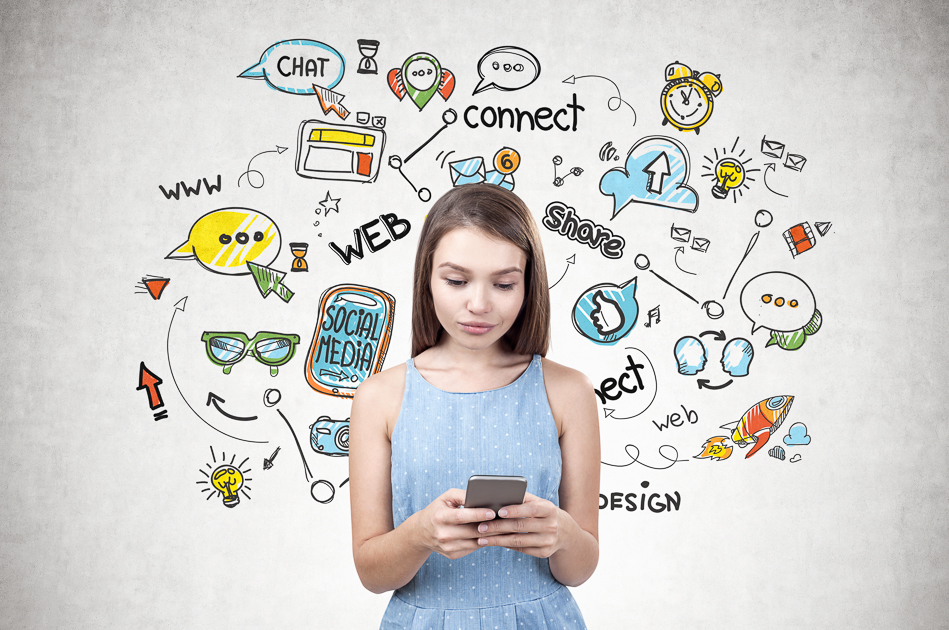
According to a recent study the average teenager spends over three hours a day on social media. Social media is a very good way to connect with people and you can learn new things and get help with homework, yes, but the overuse of social media can lead to things like increased stress, lack of sleep, lower grades, and worse mental health.

Experts say setting a screen time or time limit for your phone and taking regular breaks from your phone to stay balanced. Instead of scrolling, students can use the time they used for their endless scrolling to pick up new hobbies, an extracurricular acitivty, or even spend time with friends in person instead of texting or spending time digitally. There are many simple ways to simply stay connected offline.
Many teacher have also noticed how social media can impact students life, mental health and academic performance.
“I am of the believer that social media is distracting and negative for students in many ways,” said Mr. Humphreys. “Social media has been studied and found to be a distraction. It also can be detrimental to students’ mental health.”

Social media plays a big part in teens’ lives. Most teens are on social media around 33% of their day and spend around 5 hours a day on it. Social media is seen as a way to stay connected with friends and family. Sure, it’s a way to stay connected but there is for sure more ways to stay connected than being glued to a phone. Teens can go hang out with friends and family or even just go for a walk to stay connected with nature rather than being connected with their phones.
Social media is most likely not leaving, but how we use it makes a difference. By managing our time on social media wisely, we can enjoy the benefits of staying connected without letting it take over our lives completely. Staying connected offline and in the real world isn’t the worst thing ever it can allow you to grow and branch out into the world and meet new people and learn new things. Small changes in social media habits can lead to big improvements in mental health and academic success.


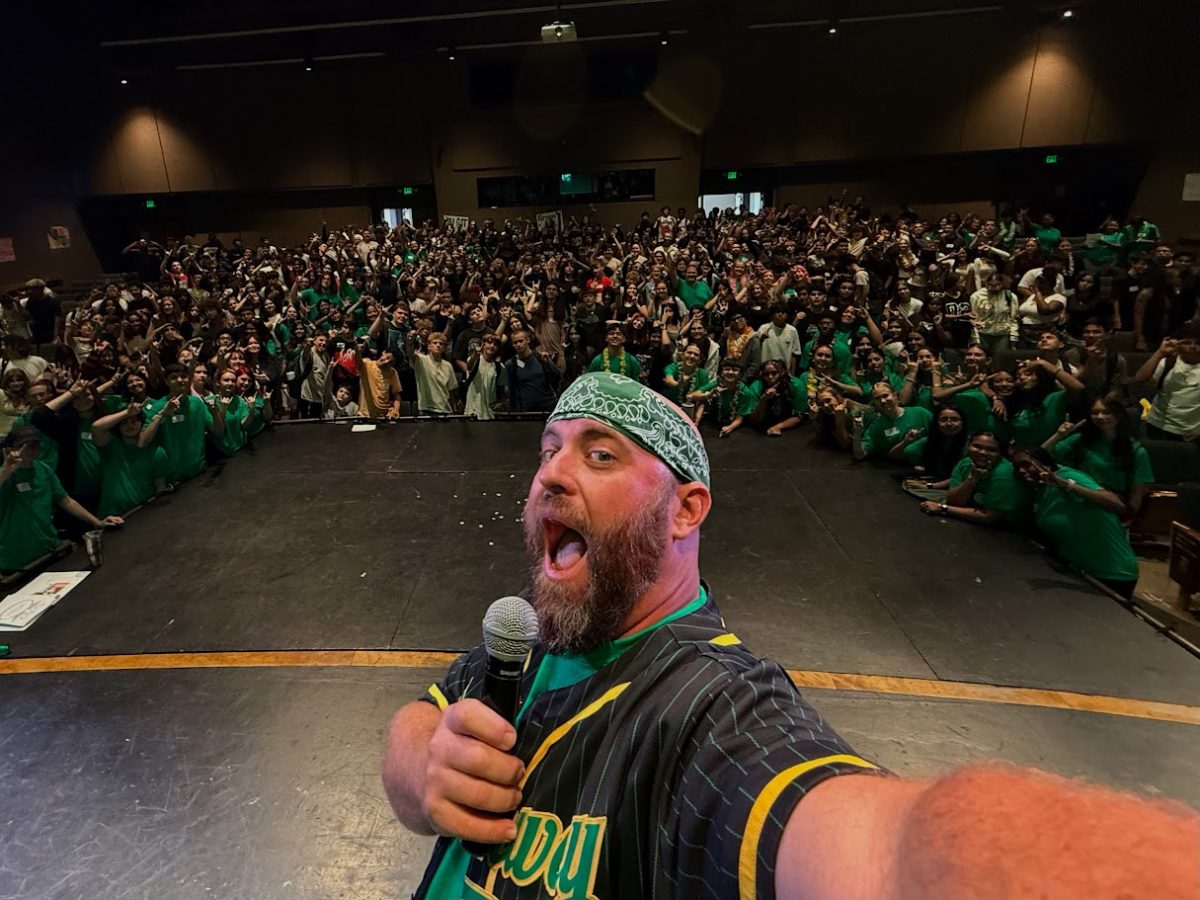

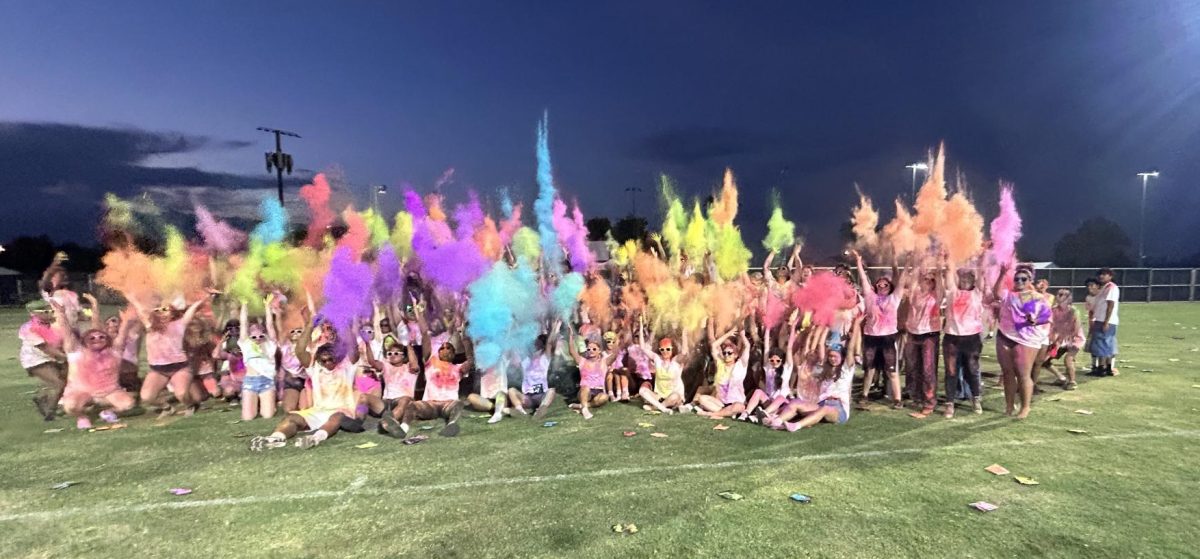

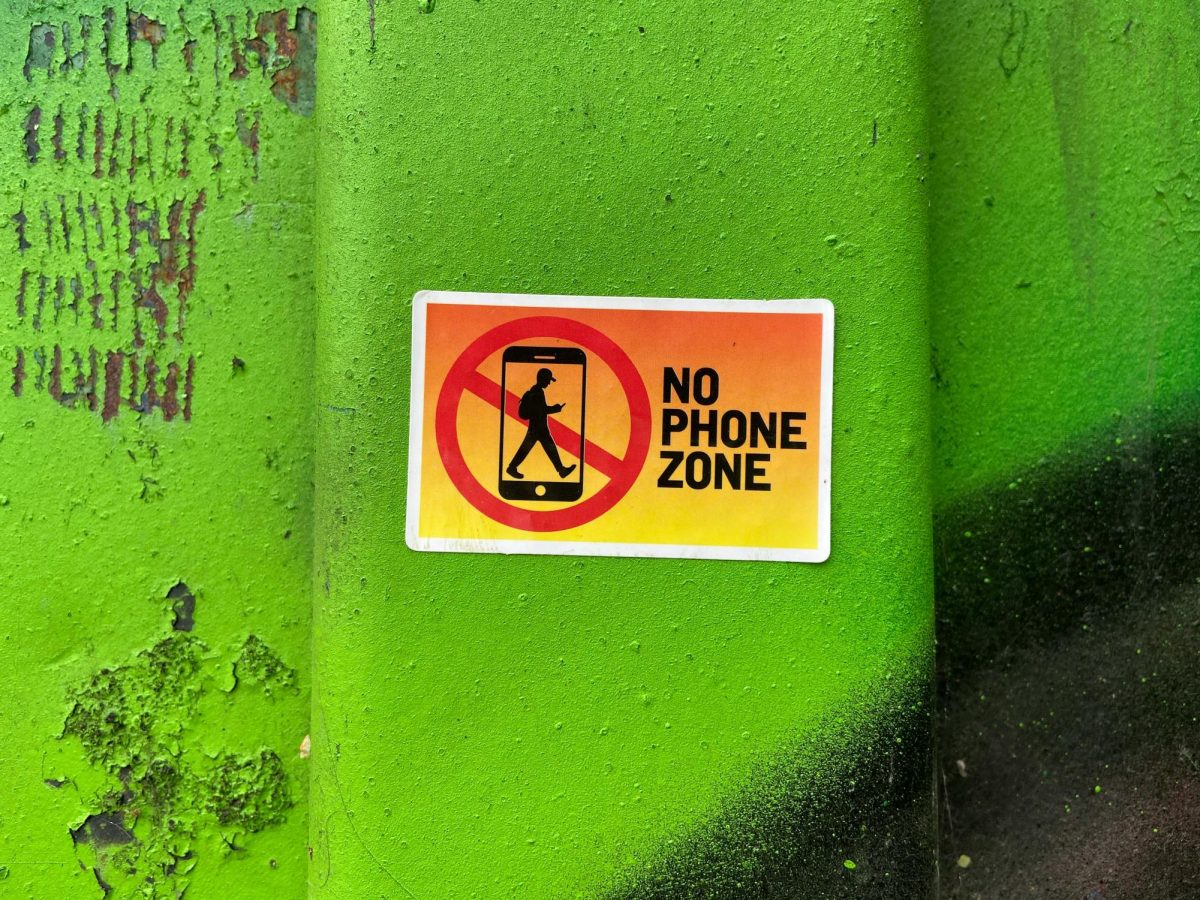







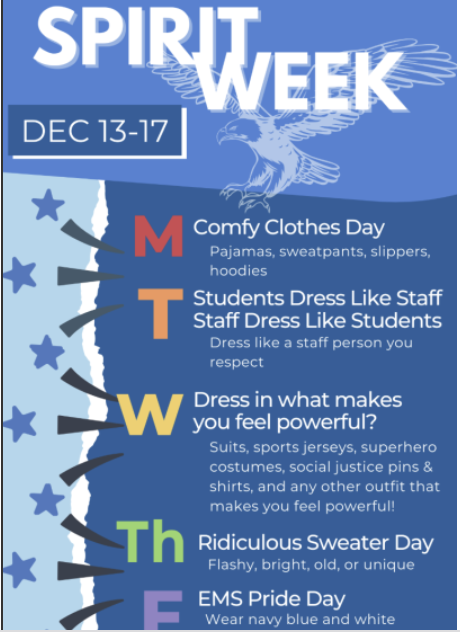





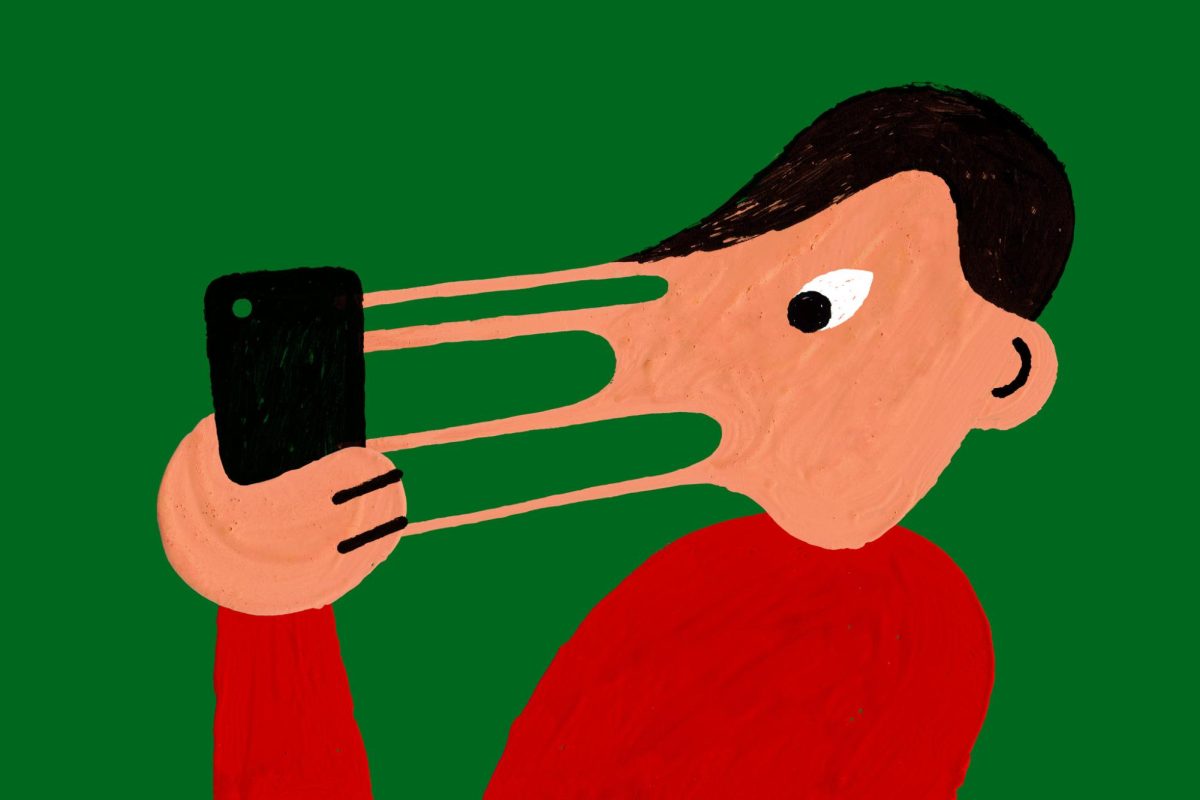

Korbyn Curiel • Apr 25, 2025 at 12:22 pm
I like that you included both students and staff in your story
Princess Lokossou • Apr 25, 2025 at 12:18 pm
I like how this explains the downside of social media. I use it for entertainment and fun. Great job.
Mia • Apr 25, 2025 at 12:14 pm
I love this article I feel like social media has consumed a lot of people and not in the best of ways. Its good advice that you think staying offline in the real world isn’t the worst thing
mikel cortes • Mar 3, 2025 at 11:30 am
I like you story and the meaning behind it and you got opinions from the students and staff
Yazlin Orduno Hernandez • Feb 25, 2025 at 11:49 am
this is so useful love it
Alexis Marquez • Feb 25, 2025 at 11:20 am
This is such a cool story! It’s really interesting seeing how differently students and teachers view social media!
Azlynn Squires • Feb 25, 2025 at 11:15 am
I agree with this
Rodriguez keila • Feb 24, 2025 at 11:41 am
nice information and good Grammar love the way you express the way you feel towards this topic.
Elias • Feb 24, 2025 at 11:41 am
I think that this story does have a valid point with teens uses of there phone nowadays.
Korbyn Curiel • Feb 24, 2025 at 11:37 am
I like that you asked both students and staff at Greenway about the topic
Maylene Meachum • Feb 24, 2025 at 11:35 am
I agree 100%
Caden Chandler • Feb 24, 2025 at 11:32 am
I liked all the photos and I liked the Mr.humpherys is on the story as well and the interesting facts
Alana Witt • Feb 24, 2025 at 11:30 am
I like that you used quote from both students and teachers to show the different viewpoints. There were many good pictures used.
ky • Feb 24, 2025 at 11:28 am
Social media is a topic that is highly controversial these days, so it’s good to see what students and staff have to say about it.
Yona Kim • Feb 24, 2025 at 11:27 am
I love how you explain about the way to manage social media
Baylee Nichols • Feb 24, 2025 at 11:24 am
I like that you talked about a topic that involves a problem with teens, even though many kids disagree that technology is an issue it is important that it is talked about.
izel • Feb 24, 2025 at 11:24 am
I like all the information included
My My Diep • Feb 24, 2025 at 11:23 am
This story was really good I like how staff and student have different opinions about social media,